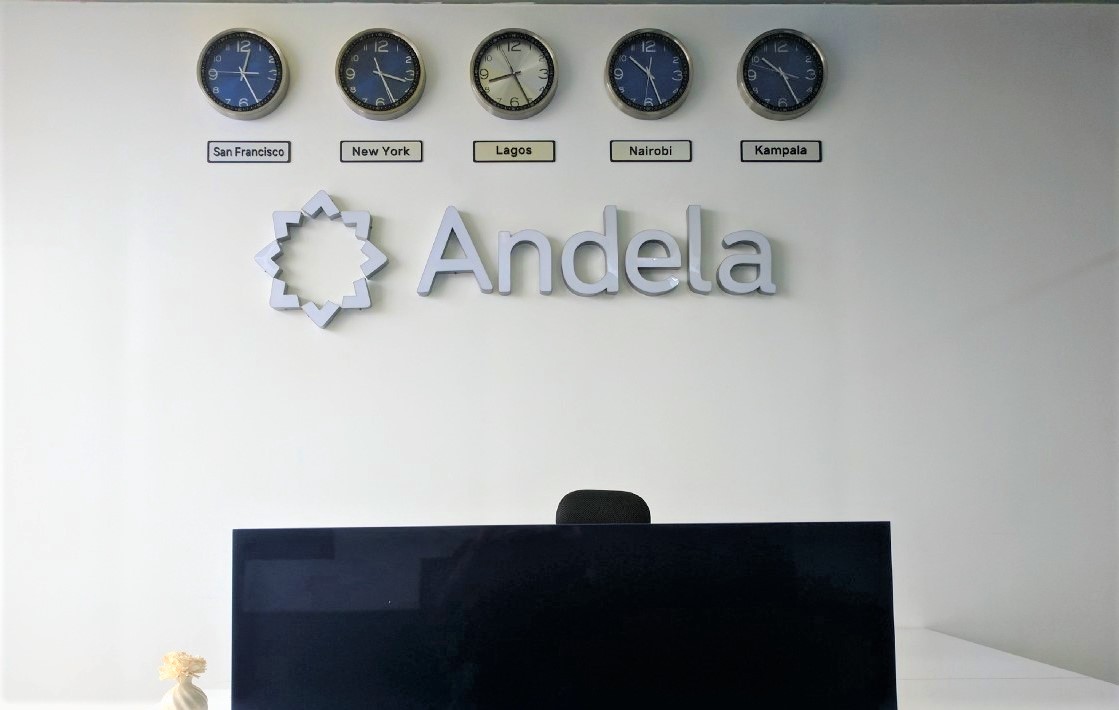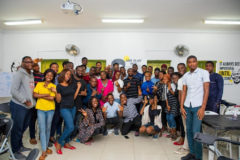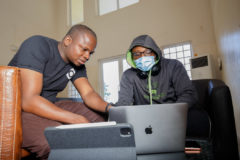Andela, the company known for connecting African software developers to global clients, has expanded their talent pool to welcome Latin and South American developers.
Andela confirms that this opportunity is open to Africans and non-Africans in those regions.
Jeremy Johnson, the company’s CEO, says the decision “has always been part of our long term roadmap, and we’re excited that the world is ready for it.”
He describes the move as a reflection of the “future of work,” one that is remote and not restricted by geographical boundaries or a need to share physical spaces.
In July 2020, Andela closed its physical offices in Nigeria, Uganda and Rwanda to become a fully remote company. The particular rationale at the time was to increase the number of Africans who could apply to work for the company as software developers.
While the pandemic’s restriction on physical movement influenced that change in policy, there was some logic to it. Andela’s physical offices were sited only in major cities in each country they operated (Lagos, Nairobi, Kampala; their Cairo operation was remote-first from day one). Anyone who wanted to be an Andela developer had to move to these cities.
By going remote, a qualified developer anywhere in Africa could apply to Andela. At the time, Johnson said it opened Andela up to 500,000 potential engineers from the previous 250,000 available under a physical-office model.
However, the remote logic was destined to extend naturally; if going remote opens Andela up to more African developers, it also opens them up to developers everywhere in the world.
In the past six months, Andela says it has witnessed a 750% increase in applications from qualified engineers outside of Africa. More than 30% of inbound applications in March 2021 alone were from outside of Africa; half of that 30% were from Latin America, according to the company.
Latin and South American countries are Spanish and Portuguese-speaking countries from Mexico on the southern border of the United States, through Colombia and Brazil to Chile and Argentina.
Andela frames this diverse base as an advantage for their clients.
Companies who have people from different geographies on their engineering teams stand to get the benefit of diverse backgrounds, lived experiences and approaches to work that improve the quality of their products.





















